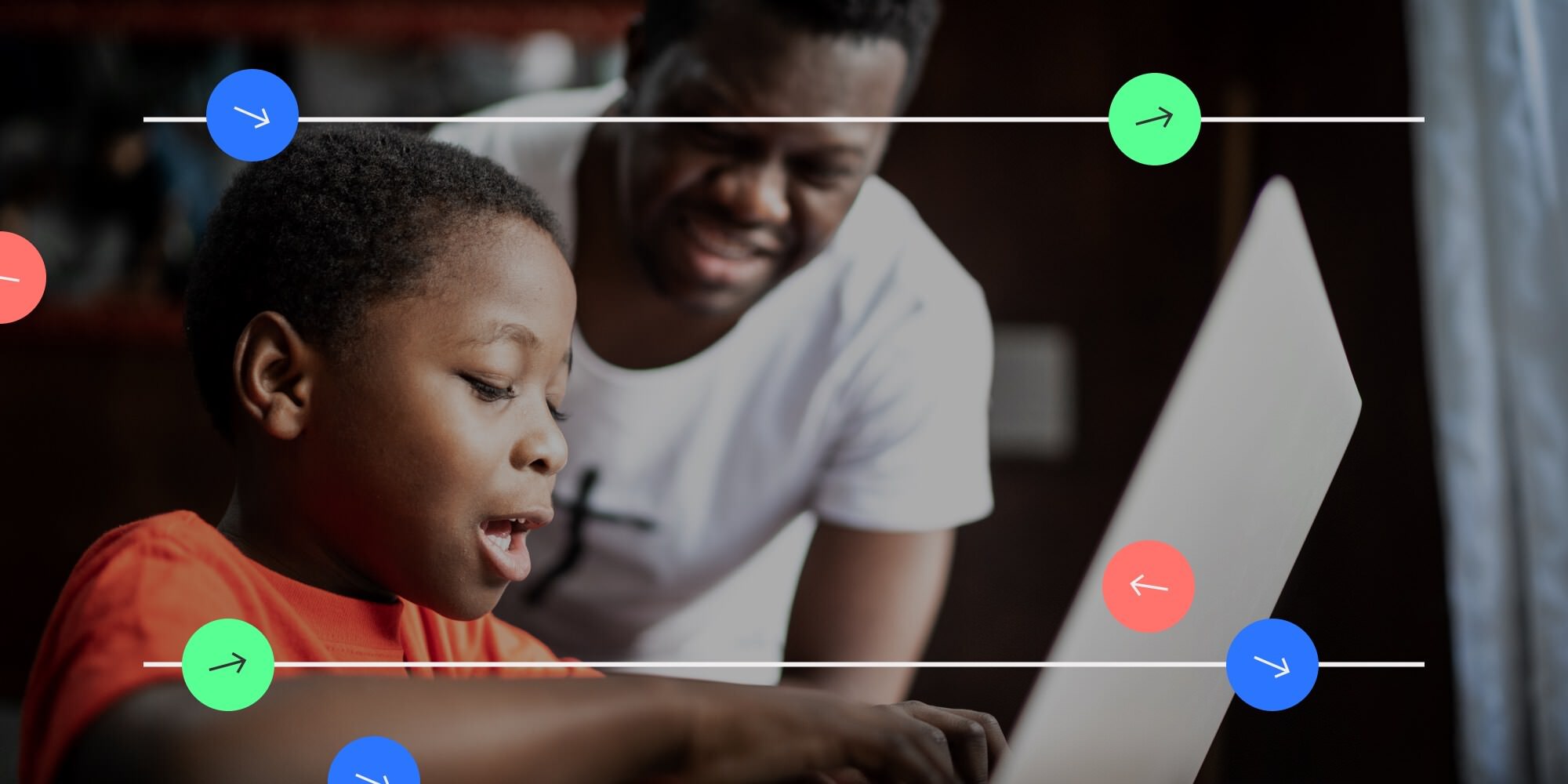This article contains affiliate links. Fight the New Drug may receive financial support from purchases made using affiliate links.
According to a nationally representative survey of teens, 84.4% of 14 to 18-year-old boys and 57% of 14 to 18-year-old girls have viewed pornography.Wright, P. J., Paul, B., & Herbenick, D. (2021). Preliminary insights from a U.S. probability sample on adolescents’ pornography exposure, media psychology, and sexual aggression. J.Health Commun., 26(1), 39-46. doi:10.1080/10810730.2021.1887980Copy
Now, if you’re a parent reading that, maybe you’re thinking, “Not my kid! My kid would never watch porn!”
But it’s possible for kids to have seen porn without their parents knowing. According to a recent report by the BBFC, 75% of parents believed their child had never encountered porn. But in reality, 53% of those parents’ children reported that they had, in fact, seen porn.British Board of Film Classification. (2020). Young people, pornography & age-verification. BBFC. Retrieved from https://www.bbfc.co.uk/about-classification/researchCopy
Chances are, your child will encounter porn while living in your care. So how can you prevent underage exposure to porn while helping them understand porn’s potential harms? The first step is to talk to them.
Having an open dialogue with your kids about porn can help build trust and understanding. Instead of having a one-time “sex talk,” make it an ongoing and shame-free conversation. Through your discussions, you can help your child develop the tools they need to respond to harmful material in a healthy way.
In your discussions, your child may disclose that they’ve seen porn, or that they’ve developed a porn habit. While you may be shocked or even disappointed, it’s important to react with kindness and understanding rather than shame. Remind your child that you’re there to love and support them.
The good news is that there are plenty of resources to help you. Our interactive discussion guide, “Let’s Talk About Porn,” gives helpful tips for navigating discussions about porn, and our partners at Bark have an affordable smart tool to help protect your child from harmful material online.
Keep your kids safer online
Bark is the internet safety solution that parents trust and children like, if you can believe it. Bark is an easy-to-use, smart tool that parents can use to help protect their children online.
Bark uses a highly advanced algorithm to alert parents when it detects potential threats or signs of danger, such as:
- Cyberbullying
- Internet Predators
- Depression
- Suicidal Thoughts
- Sexting
Bark is a common-sense tool that can augment a parent's efforts to protect their children online. Parents trust Bark because it uses advanced technologies to alert them to potential online dangers without them reading through all of their child's online activities, preserving their valuable time (and sanity). Kids like Bark because they are free to continue their daily digital lives without their parents constantly peering over their shoulders.
You can start protecting your children online today! Try Bark for FREE for 30 days, or get your teen or tween the Bark Phone with Bark's parental controls built-in!
Fight the New Drug may receive financial support from purchases made using affiliate links.


